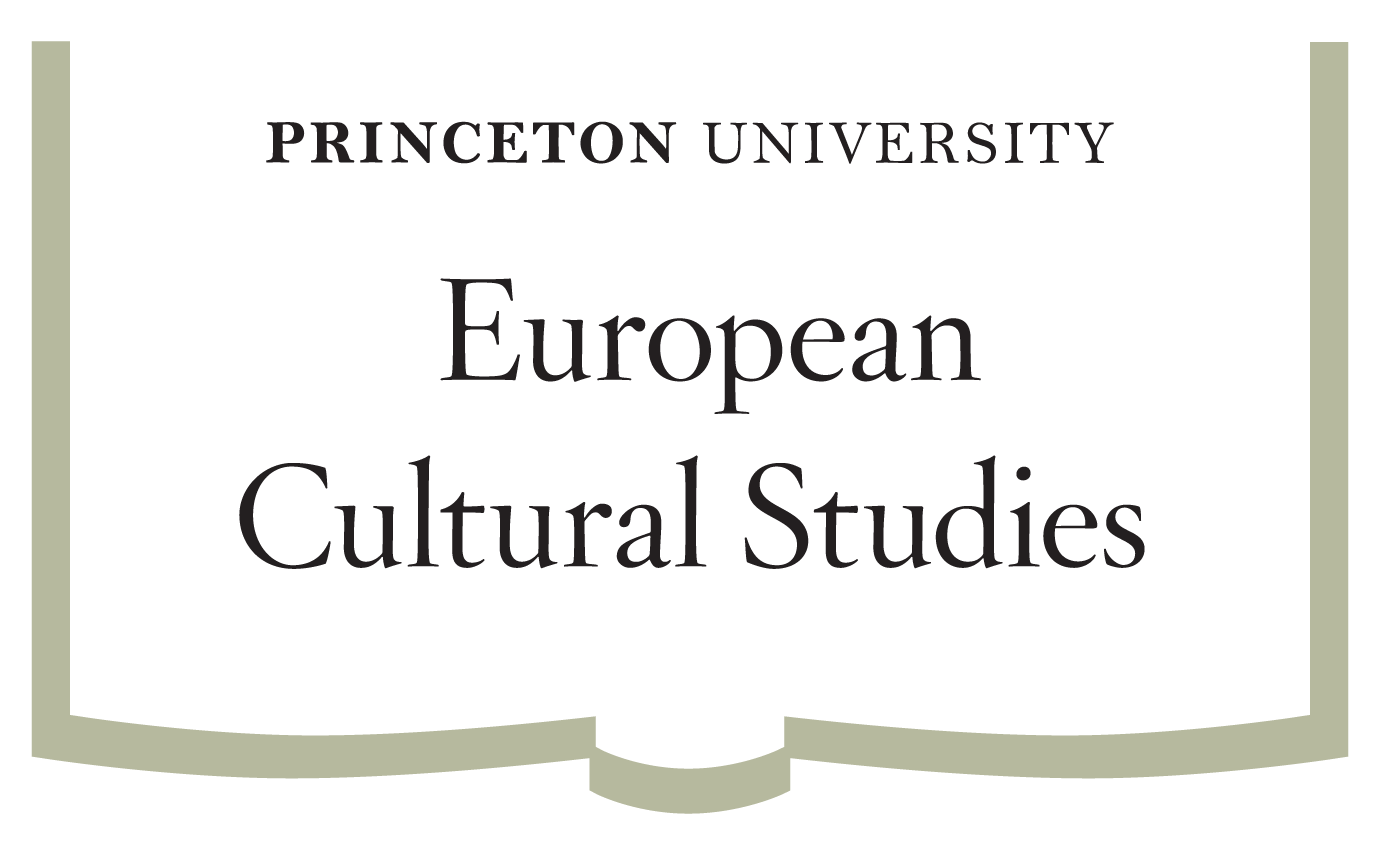Why has DQ been construed in such disparate ways as: a book about good and bad reading, a funny book that mocks the medieval world view, a book about the impact of the printing press, a satire of the New World conquistadors, a study of deviant social behavior, the nature of madness, or a meditation on human sexuality and aging? In answering these questions we will consider the cultural models Cervantes rethinks: from chivalric adventure to the criminality of the picaresque, the humanist dialogue, the politics of empire, and the Inquisition. DQ offers an anatomy of such cultural icons as well as a programmatic interrogation of their effects.












